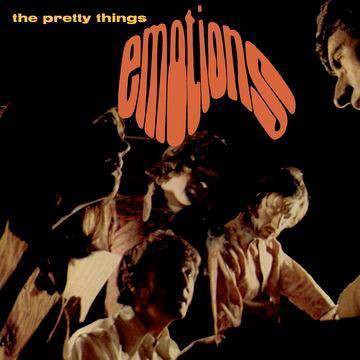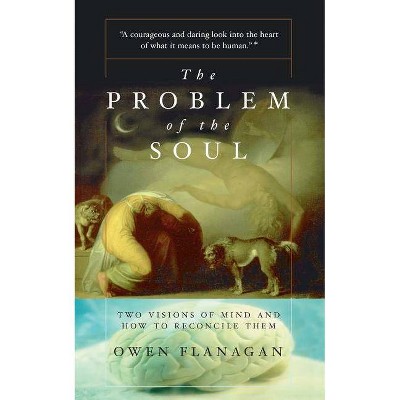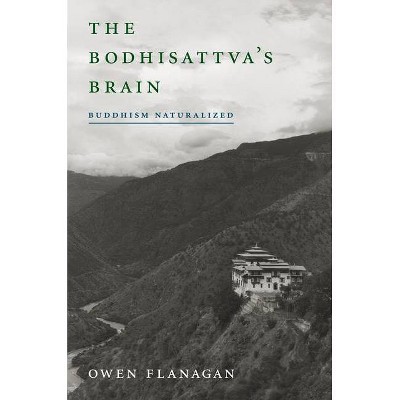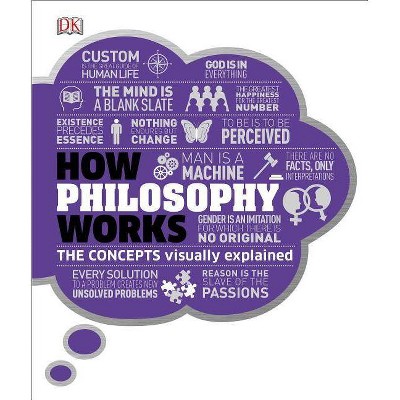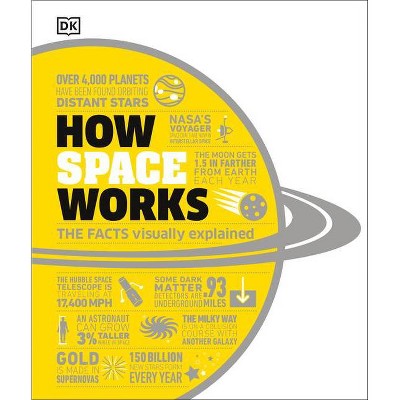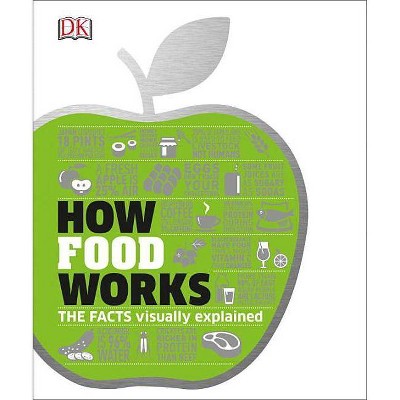How to Do Things with Emotions - by Owen Flanagan (Hardcover)
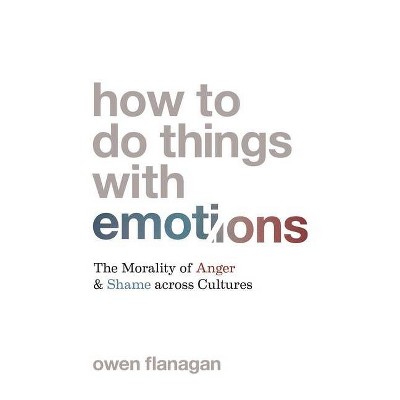
Similar Products
Products of same category from the store
AllProduct info
<p/><br></br><p><b> About the Book </b></p></br></br>"The world today seems full of anger. In the West, particularly in the US and UK, this anger can oftentimes feel aimless, a possible product of social media. Still, anger is normally considered a useful motivational source for positive social change. Channeling that anger into movements for civil rights, alleviation of socio-economic inequality, and the end of endless wars, has long been understood as a valuable tactic. Moreover, anger is believed to be handy in everyday life in order to protect, and stick up for, oneself. On the flip side, the world today celebrates diminishing amounts of shame. Political leaders and pundits shamelessly abandon commitments to integrity, truth and decency, and in general, shame is considered to be a primitive, ugly emotion, which causes eating disorders, PTSD, teenage pregnancy, suicide, and other highly undesirable circumstances. Having shame is, thus, regularly understood as both psychologically bad and morally bad. In How to Do Things with Emotions, philosopher Owen Flanagan argues this thinking is backwards, and that we need to tune down anger and tune up shame. By examining cross-cultural resources, Flanagan demonstrates how certain kinds of anger are destructive, while a 'mature' sense of shame can be used -as it is in many cultures- as a socializing emotion, that does not need to be attached to the self, but can be called upon to protect good values (kindness, truth) rather than bad ones (racism, sexism). Drawing from Stoic, Buddhist, and other cultural traditions, Flanagan explains that payback anger (i.e., revenge) and pain-passing anger (i.e., passing hurt one is feeling to someone else) are incorrigible, and also, how the Western view of shame rooted in traditions of psychoanalysis is entirely unwarranted. Continuing his method of doing ethics by bringing in cross-cultural philosophy, research from psychology, and in this case widening that to include cultural psychology and anthropology, Flanagan shows exactly how our culture shapes our emotions-through norms and traditions-and how proper cultivation of our emotions can yield important progress in our morality"--<p/><br></br><p><b> Book Synopsis </b></p></br></br><p><b>An expansive look at how culture shapes our emotions--and how we can benefit, as individuals and a society, from less anger and more shame</b> <p/>The world today is full of anger. Everywhere we look, we see values clashing and tempers rising, in ways that seem frenzied, aimless, and cruel. At the same time, we witness political leaders and others who lack any sense of shame, even as they display carelessness with the truth and the common good. In <i>How to Do Things with Emotions</i>, Owen Flanagan explains that emotions are things we do, and he reminds us that those like anger and shame involve cultural norms and scripts. The ways we do these emotions offer no guarantee of emotionally or ethically balanced lives--but still we can control and change how such emotions are done. Flanagan makes a passionate case for tuning down anger and tuning up shame, and he observes how cultures around the world can show us how to perform these emotions better. <p/>Through comparative insights from anthropology, psychology, and cross-cultural philosophy, Flanagan reveals an incredible range in the expression of anger and shame across societies. He establishes that certain types of anger--such as those that lead to revenge or passing hurt on to others--are more destructive than we imagine. Certain forms of shame, on the other hand, can protect positive values, including courage, kindness, and honesty. Flanagan proposes that we should embrace shame as a uniquely socializing emotion, one that can promote moral progress where undisciplined anger cannot. <p/><i>How to Do Things with Emotions</i> celebrates the plasticity of our emotional responses--and our freedom to recalibrate them in the pursuit of more fulfilling lives.</p><p/><br></br><p><b> About the Author </b></p></br></br><b>Owen Flanagan</b> is the James B. Duke Distinguished Professor of Philosophy and professor of psychology and neuroscience at Duke University. His many books include <i>The Geography of Morals </i>and <i>The Problem of the Soul. </i>He lives in Durham, North Carolina and Brooklin, Maine.
Price History
Cheapest price in the interval: 27.99 on November 8, 2021
Most expensive price in the interval: 27.99 on December 20, 2021
Price Archive shows prices from various stores, lets you see history and find the cheapest. There is no actual sale on the website. For all support, inquiry and suggestion messagescommunication@pricearchive.us
